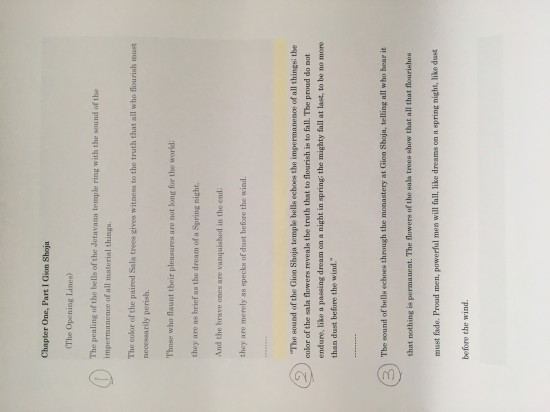台風、地震、津波、洪水、地滑り、雪崩、火山活動……日本は、本当に自然災害が多い国です。 物質的なものが永遠ではない事を自然の驚異から教えられてきたように思います。”わび”、”さび”、などの言葉も、自然災害が起因していたのかもしれないと思ってしまいます。 ふと、平家物語の”祇園精舍の鐘の声、諸行無常の響きあり。娑羅双樹の花の色、 盛者必衰の理をあらはす。奢れる人も久しからず、ただ春の夜の夢のごとし。猛き者もつひにはほろびぬ、ひとへに風 の前の塵に同じ。”の英訳が気になり調べてみました。比べてみると楽しいです。(私は、3番目の翻訳が好きです…) 原文の日本語の響きが大好きです。
Typhoons, earthquakes, floods, landslides, volcanic eruptions, tsunamis…. Japan is truly a disaster-stricken country. We learned from nature that materialistic matters are not permanent and they eventually fade in this transient world. Probably, words like “wabi” and “sabi” (quiet simplicity and subdued refinement depicted in Japanese art) came from this kind of thinking. This reminds me of a famous part of the opening chapter of the Tale of Heike, which goes, “The sound of bells echoes through the monastery at Gion Shoja, telling all who hear it that nothing is permanent. The flowers of the sala trees show that all that flourishes must fade. Proud men, powerful men will fall, like dreams on a spring night, like dust before the wind.” (There are several translations and it is fun to compare them.) I think this notion constitutes an important element of the foundation of Japanese culture.
